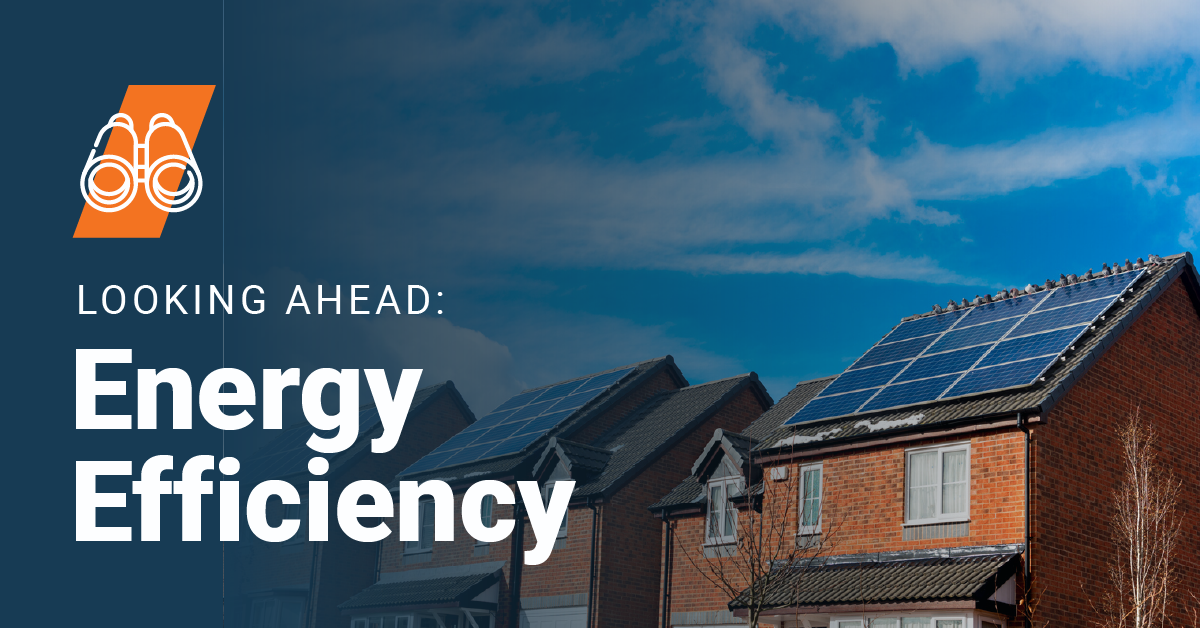

Energy efficiency reforms: What to expect when Parliament returns
Landlords face major decisions ahead as sweeping energy reforms loom. With key announcements expected soon, the next phase of government policy will be critical in shaping the sector’s future. As Parliament prepares to return from summer recess, here’s what to look out for.
EPC reform: What’s next from government?
Clarity on proposed reforms to Energy Performance Certificates (EPCs) is expected soon, with landlords awaiting detail on how changes could affect compliance, costs, and long-term planning.
The Government is due to respond to a consultation launched earlier this year, which proposed a new ‘multi-metric’ approach that scores fabric performance, heating systems, smart readiness, and energy cost separately.
The forthcoming response will confirm whether this new approach will be adopted and whether higher scores will be required to meet the updated Minimum Energy Efficiency Standards (MEES) and the future Decent Homes Standard.
It will also confirm the Government's plans for EPC validity, including whether it intends to shorten the current 10-year validity period.
In our consultation submission, we warned that reducing the EPC validity period would not only add extra costs for landlords but also conflict with other Government proposals, such as a 10-year lifespan for MEES cost caps and exemptions. We have argued that, if landlords are expected to plan energy upgrades over a decade, the validity of EPCs must reflect this.
MEES proposals: Clarity around the corner?
Alongside EPC reform, we are also awaiting a response to the MEES consultation, which outlined proposals to significantly raise the bar for minimum energy efficiency requirements.
Headline measures include a requirement for new tenancies to meet a new EPC rating of ‘C’ by 2028, and all existing tenancies by 2030, as well as raising the cost cap for required improvements from £3,500 to £15,000.
These proposals will place substantial financial and logistical pressure on landlords. We’re stressing the need for a realistic and workable timeline to give landlords time to plan and invest.
We are also calling for recognition of improvements made since 2020. Many landlords have taken action already and have upgraded their properties beyond the current legal minimum. This must be built into new regulations to ensure landlords are both supported for taking early action and incentivised to continue investing in energy efficiency upgrades.
Home Energy Model: Consultation expected soon

